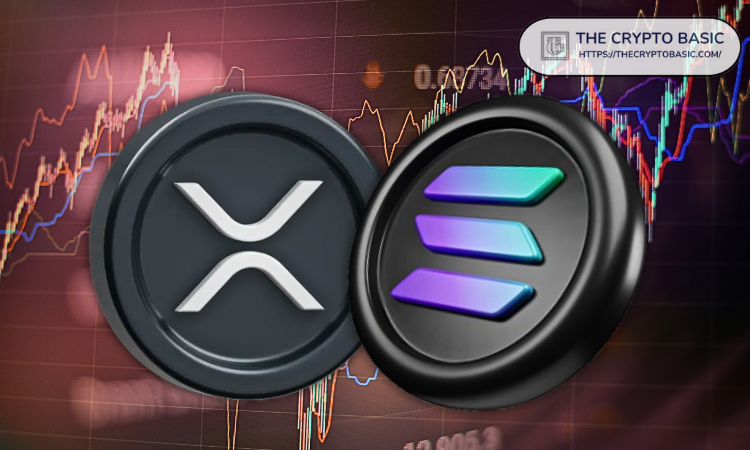In a notable shift within the cryptocurrency landscape, the quantity of Bitcoin (BTC) held in addresses linked to centralized exchanges has reached its lowest point in over five years. This development, while reflecting a growing market sophistication, brings about both positive and negative implications for the crypto industry.
Cryptoquant report shows a 4% decline in BTC holdings
According to on-chain data analytics service CryptoQuant, the exchange reserve of Bitcoin has witnessed a 4% decline this month, settling at 2 million BTC (equivalent to $54.5 billion). This figure represents the lowest exchange reserve since early January 2018. This trend is indicative of several factors influencing the cryptocurrency market. One significant factor contributing to the dwindling exchange reserve is the rise in popularity of innovative services like Copper’s ClearLoop.
This service enables users to engage in trading activities without the need to transfer their funds to centralized exchanges. Markus Thielen, Head of Research and Strategy at Matrixport, explained that this shift partly signifies the evolution of the crypto market, wherein exchanges will need to adapt to lower balances and collaborate with emerging services. As more users turn to solutions like ClearLoop, it could potentially diminish the centrality of cryptocurrency exchanges.
The changing dynamics suggest that exchanges might need to explore new business models to sustain profitability and relevance. Matrixport, for example, joined ClearLoop to offer institutional clients an off-exchange settlement option. The transition away from centralized exchanges has also been influenced by past incidents, such as the downfall of FTX, led by Sam Bankman-Fried, in November of the previous year. The co-mingling of user funds in FTX dented investor confidence, leading many to opt for self-custody solutions.
Implications for custodianship and investor confidence
This cautious approach was reflected in the findings of PricewaterhouseCoopers’ annual global crypto hedge fund report, which indicated that most industry players now prefer diverse forms of custody. Only 9% of respondents admitted to exclusively leaving coins on exchanges. The report revealed a clear preference among various hedge fund strategies for third-party custodians. Notably, funds employing market-neutral, discretionary long-only strategies, as well as quantitative long/short and discretionary long/short strategies, favored third-party custody.
Among these strategies, those focused on long-only holdings maintained the lowest volume of coins on exchanges, both in commingled and segregated accounts. The decline in Bitcoin holdings on centralized exchanges can be interpreted in multiple ways. On one hand, it suggests that investors are increasingly opting for direct custody of their Bitcoins, indicating a long-term commitment to the assets and confidence in their future value appreciation. This interpretation aligns with the bullish sentiment prevalent in the cryptocurrency market.
Markus Thielen echoed this sentiment, emphasizing that after the price declines experienced in 2022, investors are now adopting a buy-and-hold investment approach. This shift in strategy underscores a growing conviction in the enduring potential of cryptocurrencies. While the reduction in Bitcoin holdings on centralized exchanges may appear to underscore the cryptocurrency market’s maturation and investor confidence, it also presents challenges for exchanges.
As users diversify their custody options and seek greater control over their assets, exchanges must navigate changing dynamics to remain competitive and relevant. The decline in Bitcoin holdings on centralized exchanges is indicative of a crypto market that is becoming more sophisticated and diversified in its approach to asset custody. The rise of innovative services like ClearLoop and the lessons learned from past incidents have reshaped how investors interact with exchanges. This shift underscores the industry’s evolution and showcases the growing importance of secure and flexible custody solutions in the ever-changing cryptocurrency landscape.





